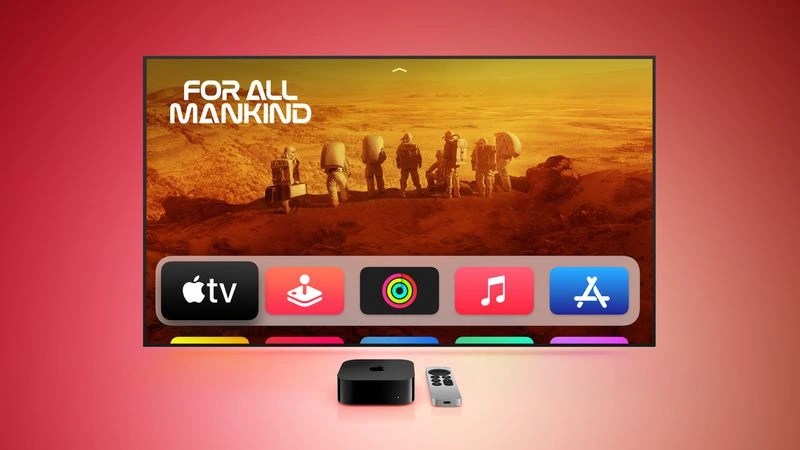Google CEO Sundar Pichai announced that Google Search would see a revolutionary change in 2025. Speaking at the New York Times DealBook Summit, Pichai made it very clear that this would be the most dramatic evolution of the search engine since it was born. With the help of advanced AI, the search at Google will answer the most complex questions and deliver responses that are way more subtle and sophisticated than ever.
For more than 25 years, Google Search has been the backbone of the tech giant’s services, changing with time to keep it a household name. However, Pichai assured that the imminent changes would change the way one thinks of search. “I think we are going to be able to tackle more complex questions than ever before,” assured Pichai confidently. He hinted that users will notice these improvements as early as the first half of 2025, with the platform’s ability to understand and respond to intricate queries marking a stark difference from today’s experience.
The summit also brought attention to Google’s position in the fiercely competitive AI race. Microsoft CEO Satya Nadella said recently that Google should have been the “default winner” in this domain given its long legacy and resources. Pichai shot back, suggesting a “side-by-side comparison” of Google’s AI models with those used by Microsoft. He said Microsoft relies heavily on its partnership with OpenAI for AI, while Google uses its proprietary models. “They are using someone else’s models,” Pichai said, emphasizing Google’s autonomy and originality in the field.
This shift marks Google’s ambition to position itself at the forefront of AI-powered technologies. The company is upgrading the search feature to a platform where one will retrieve information with a deeper level of understanding of context, nuance, and complexity.
As the world grows more reliant on AI, Pichai’s vision for 2025 underscores Google’s commitment to innovation and user-centric solutions. With these advancements, Google Search is poised to set new standards in technology, redefining how information is accessed and understood globally.




